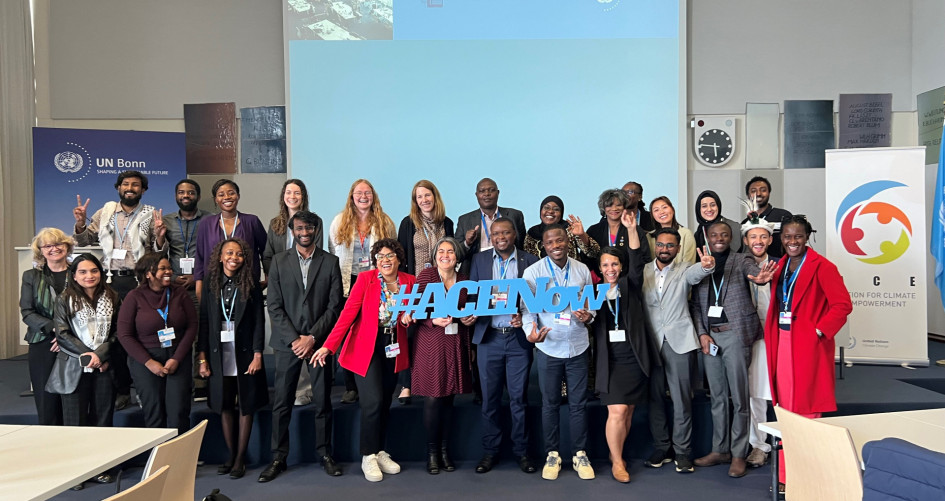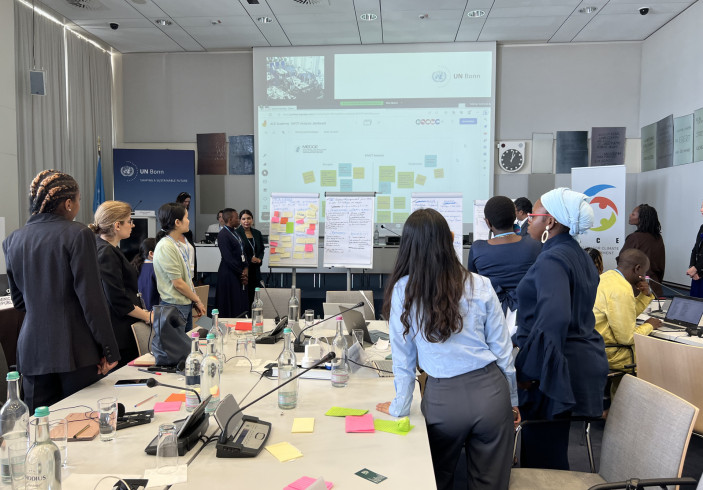Background
The Glasgow work programme on ACE encourages Parties “to designate, assign responsibilities to, and provide support, including technical and financial support, and access to information and materials to national Action for Climate Empowerment focal points”, also known as national ACE focal points. The responsibilities of national ACE focal points “could include identifying areas for possible international cooperation and opportunities for strengthening synergies with action under other conventions, and coordinating the preparation of the chapter on ACE in national communications, ensuring that relevant contact information, including weblinks, is provided therein.”
The ACE Focal Points Academy has responded to the request to the secretariat under the priority area of tools and support of the Glasgow work programme on ACE to “strengthen the network of national ACE focal points at the international and regional level, including by facilitating regular exchanges of views, good practices and lessons learned to build and strengthen capacity and skills, and by facilitating peer support for ACE implementation”, which framed the objective of the workshop.
Objectives
The overall objective of the ACE Focal Points Academy is to strengthen the network of national ACE focal points at the international and regional level, including by facilitating regular exchanges of views, good practices and lessons learned to build and strengthen capacity and skills, and by facilitating peer support for ACE implementation.
A variety of training modules is provided based on the needs identified by ACE Focal Points and ACE negotiators, where countries could showcase good practices and interact with experts in the relevant fields who can share their expertise and answer questions.
*Action for Climate Empowerment (ACE) is a term adopted by the United Nations Framework Convention on Climate Change (UNFCCC) to denote work under Article 6 of the Convention (1992) and Article 12 of the Paris Agreement. The over-arching goal of ACE is to empower all members of society to engage in climate action, through the six ACE elements - climate change education and public awareness, training, public participation, public access to information, and international cooperation on these issues.
For more information on ACE, click here.


